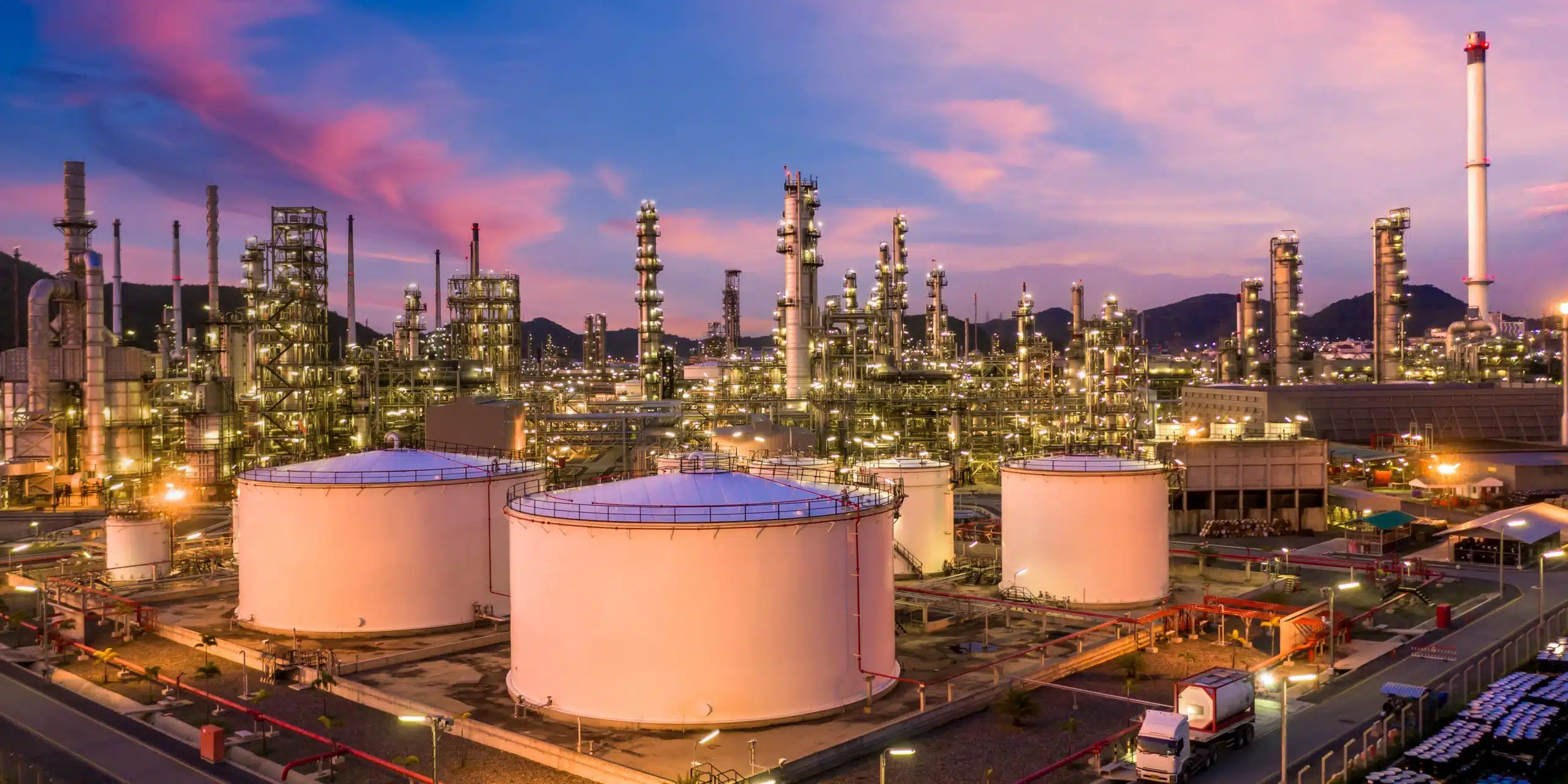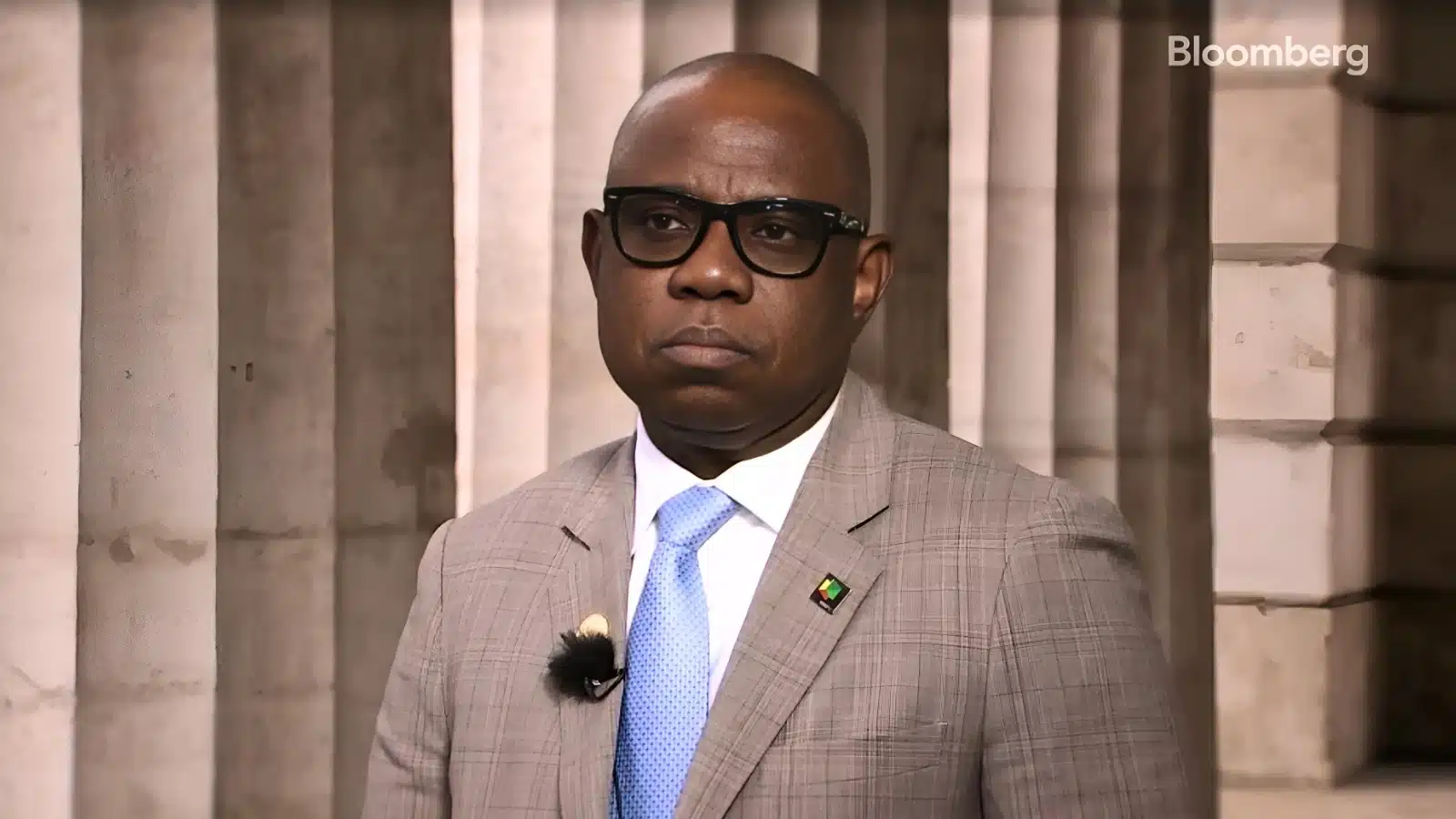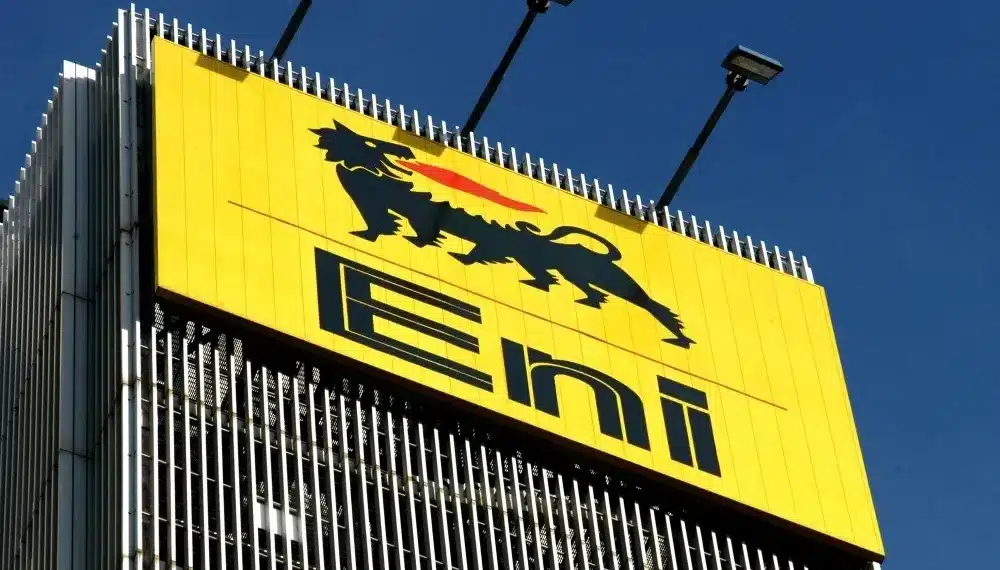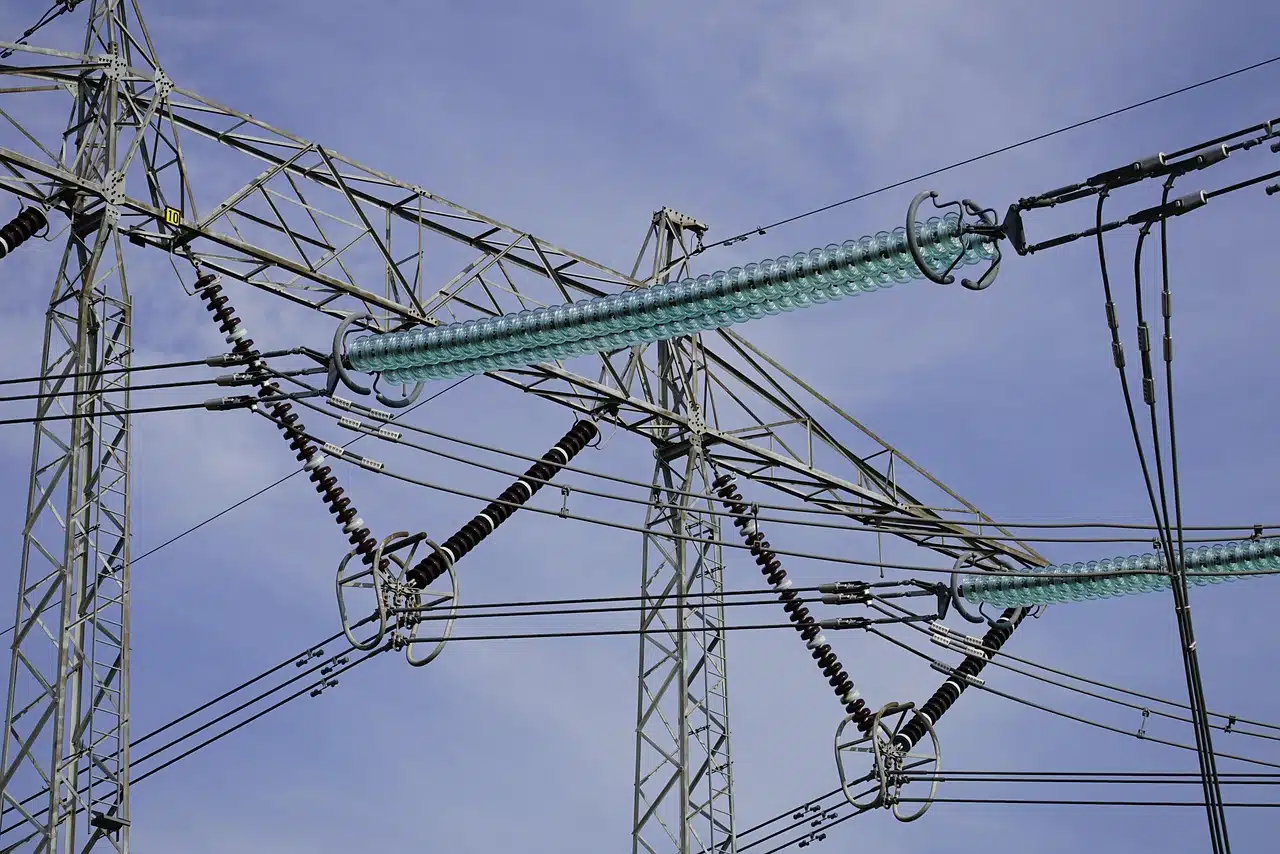With increasing sanctions on Chinese goods by the United States, refiners from the Asian country are now considering sourcing crude oil from other markets, including West Africa and Brazil.
In a survey reported on Thursday by the American media outlet, Reuters, these Chinese refiners have intensified their procurement of Brazilian and West African crude, adjusting their sourcing strategies in response to these sanctions.
Since his resumption into the White House, President Donald Trump has issued various executive orders imposing import tariffs on foreign goods, particularly targeting China and other trade allies.
Trump imposed a 25% duty on China, prompting the country to retaliate with similar tariffs on goods from the United States.
This apparent trade conflict has impacted various sectors of both economies, including the oil and gas industry.
Data from Kpler indicates that China’s projected imports for the current month reveal a 36% month-over-month surge in Angolan oil and a 49% month-over-month increase in Brazilian crude.
June Goh, a senior oil analyst at Sparta Commodities, stated that the Chinese refineries that are not exposed to fuel oil import tariffs and reductions in fuel oil consumption tax rebates continue to see healthy margins.”
Given the inherent risks and uncertainties associated with sanctioned oil, merchants and analysts anticipate a further influx of cargoes from alternative locations in March and April.
“In order to capitalise on this, they will be looking for crudes that are non-sanctioned and Brent-related to capture the narrow Brent-Dubai spread,” Goh added.
In addition, Shandong Yulong Petrochemical, a China’s newly established refinery, reportedly secured substantial volumes of West African oil for March arrival, with loading occurring in late February or early March, according to trade sources. T
The company is scheduled to commence operations of its 200,000 barrel-per-day crude unit in March or April.
Dealers familiar with the transactions disclosed that Yulong has purchased four shipments of Angolan oil, including Dalia, Plutonio, and Girassol, as well as one shipment of Nigerian Nemba, all for March delivery.
They further reported that the refiner procured two shipments of Brazilian oil for April delivery.
Another trading source revealed that state trader Unipec has acquired over 20 million barrels of Brazilian crude for delivery in April.
Since the imposition of U.S. sanctions on January 10, refiners have been seeking to avoid Gulf oil due to elevated costs, which have resulted in premium increases of nearly 50% owing to heightened demand for Brazilian and West African crude, according to dealers.
For March shipments, Saudi Arabia, China’s second-largest oil supplier after Russia, has increased its prices to the highest level in over a year.
Market source allocation tallies from last week indicated that Chinese buyers will reduce their crude purchases from Saudi Arabia in March.










